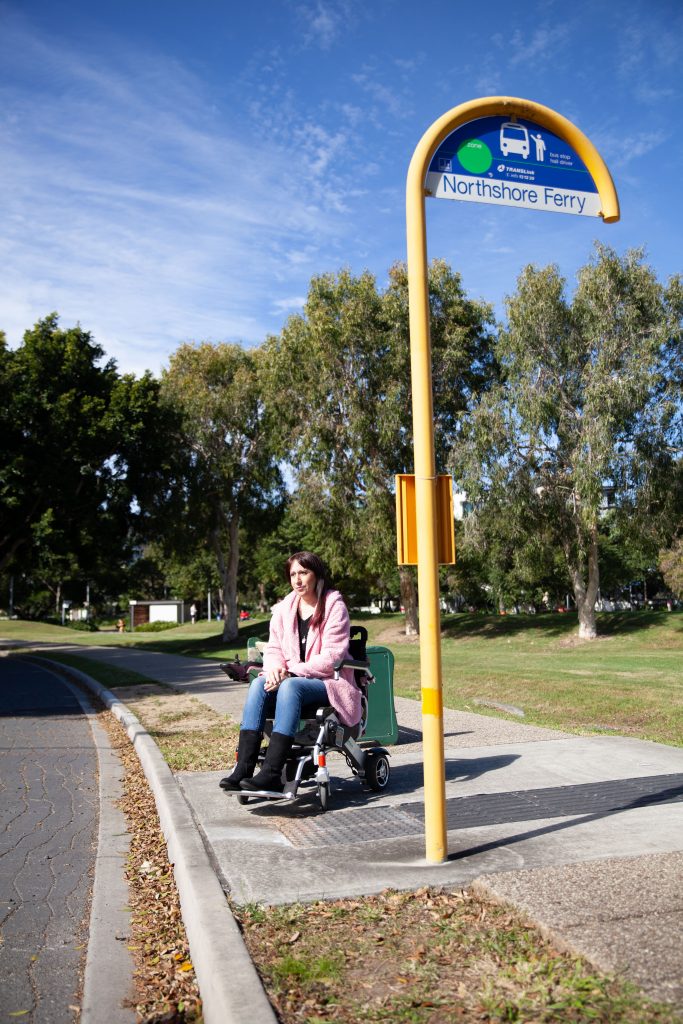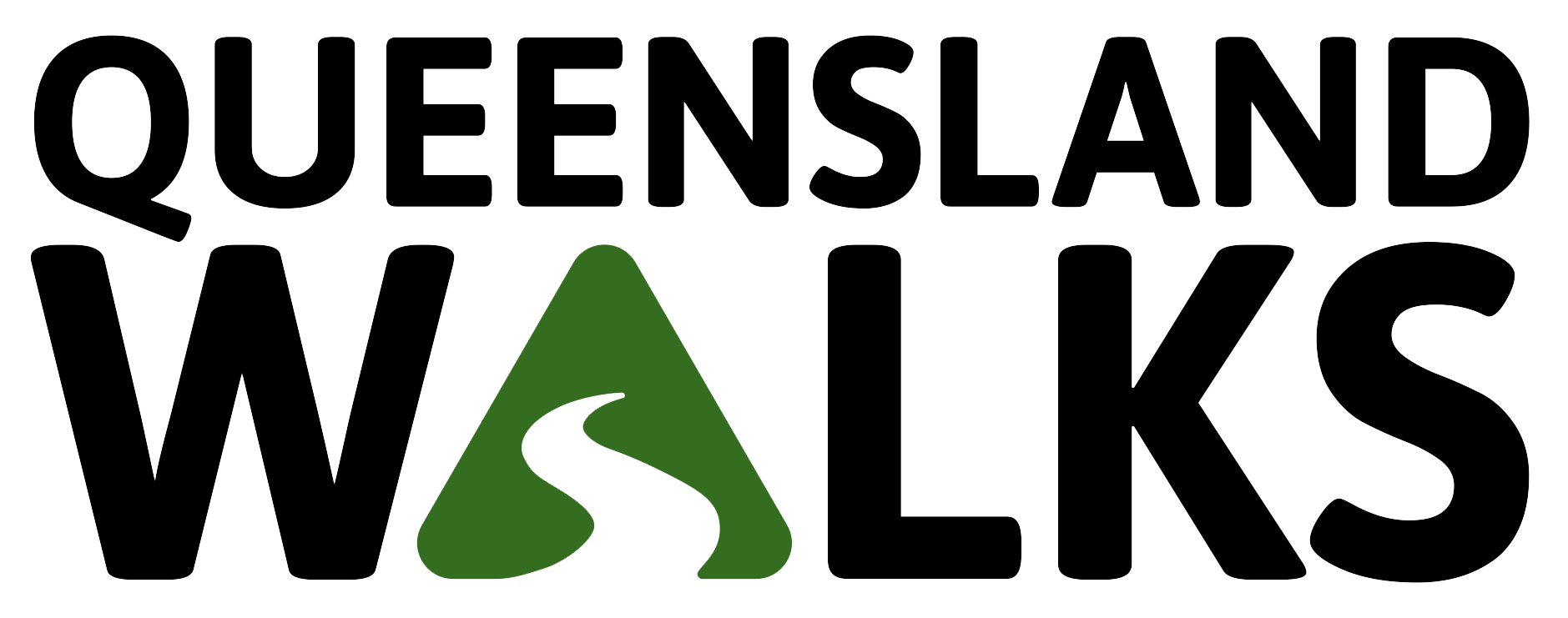
Elisha Matthews likes nothing more than rolling along the Brisbane River in her wheelchair to get a daily dose of fresh air and to meet people in her neighbourhood. “Being able to walk in my community keeps me connected, allows me to participate in society and be able to get where I want to go using a small carbon footprint.”
Elisha regularly catches buses and ferries to get to work and socialise. Over the years, there have been some improvements that make it easier for a wheelchair user; and other things have become more challenging. “There have been many improvements with wider paths, more shade and sheltered resting places from the rain or sun.”
Some great improvements include road access ramps where a wheelchair user can more easily cross the road. “However, people sometimes block access with things like rubbish bins. This means I can’t get off the road quickly and have to push through the bins or hope that someone will see me and help. Accessibility shouldn’t have to rely on a random stranger walking past who notices and helps me. It shouldn’t be necessary because it should be accessible. People should not block access.”
Elisha confesses that some drivers could brush up on their Queensland Road Rules. Many drivers aren’t familiar with the important road rules of giving way to all pedestrians when turning into side roads and slip lanes; then allowing people enough time to cross the road safely.
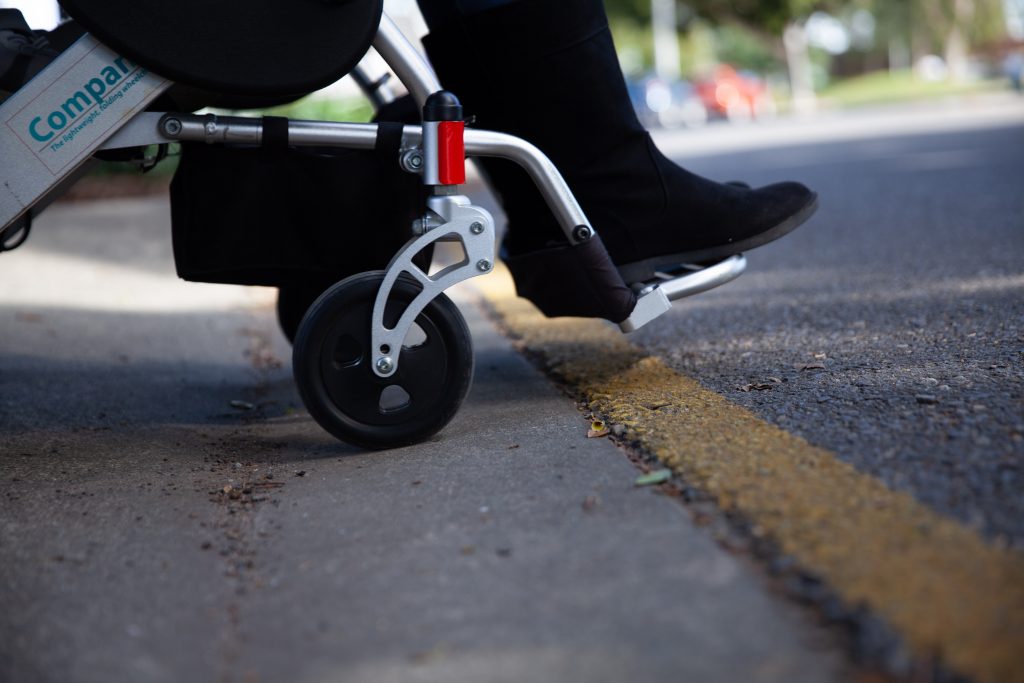
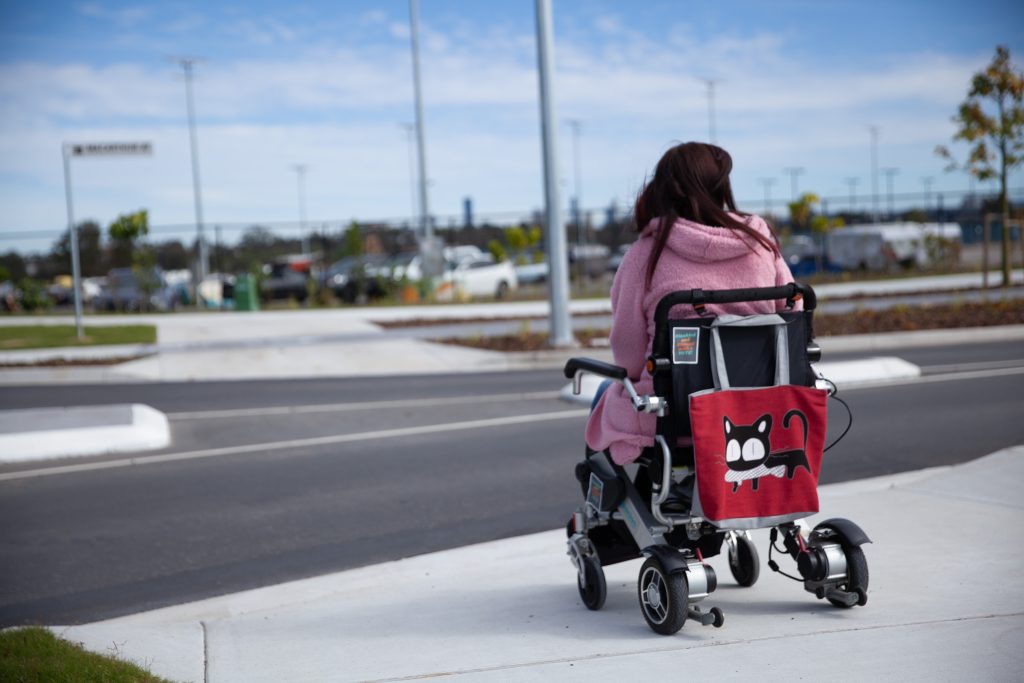
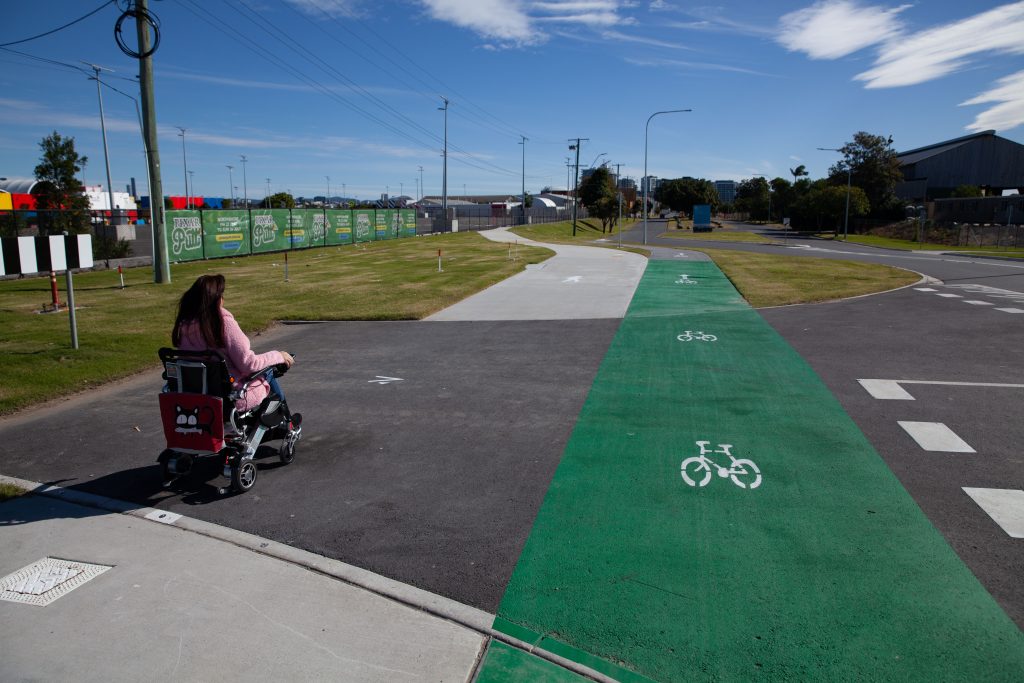
Another challenge for Elisha is on public transport, where people who don’t need it, use the accessible seats and often watch her as she manoeuvres her chair into the small space they’ve left; without moving to give her access.
Increased use of e-scooters on footpaths, often speeding, have greatly increased the risk for wheelchair users and other people with disabilities, older people who may be slower to react, or children who are simply not very aware of their surroundings.
These are just some of the challenges Elisha faces every day when she just wants to go about her daily business, the way people without a disability can. “We need communities that are accessible, because access benefits everyone,” she said. “I’d like to see an education campaign about accessibility around people with a disability, prams, the elderly, people with temporary injuries, deliverers and all pedestrians; to improve safety. This would reduce the amount of human created obstacles.”
Our local councils and all levels of government need to prioritise the funding and building of connected pathways and ensure that when works are being done and paths temporarily blocked or closed, that easy, alternative access is provided to allow people with a disability to keep moving.
